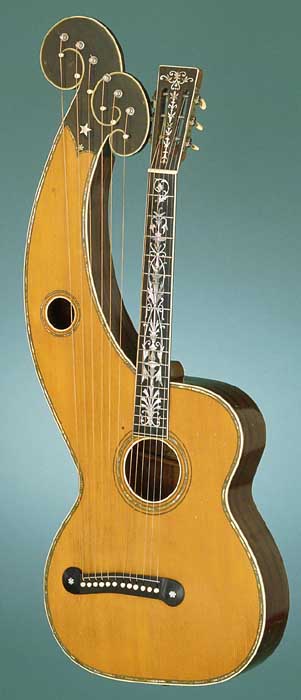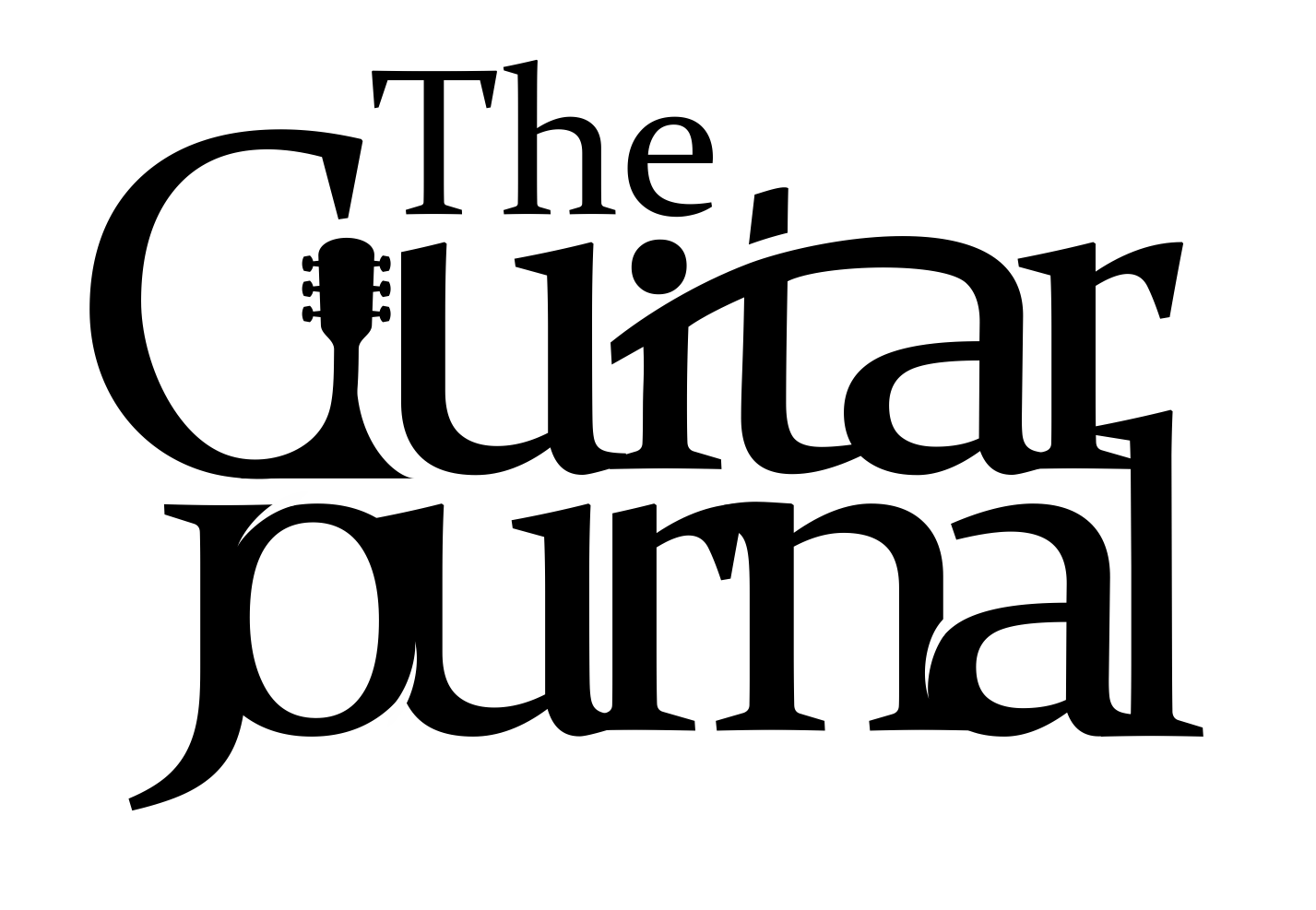Exploring the World of Harp Guitars
As a musician, you are likely always exploring new genres and musical styles to add to your repertoire. Along the way, you may come across intriguing instruments that capture your attention. One such instrument is the harp guitar. This unique hybrid instrument is a combination of a guitar and a harp, offering a much wider range of notes. So, what exactly is a harp guitar? What makes it different from a traditional guitar? And, most importantly, should you give it a try? In this blog post, we’ll explore the fascinating world of harp guitars to help you decide.
What Is A Harp Guitar?
The harp guitar is a complex instrument that may seem intimidating at first, but its unique sound is worth exploring. Essentially, a harp guitar is a guitar with additional harp strings attached. Typically, there are six regular guitar strings and an additional set of six or more open-tuned strings running parallel to the frets. These harp strings are plucked with the fingers of the player’s other hand, creating a rich and complex sound. The harp guitar was invented in the late 19th century and experienced a surge in popularity in the United States during the early 20th century, particularly during the jazz age.
One of the most significant differences between a harp guitar and a traditional guitar is the range of notes it can produce.

While a six-string guitar can produce a range of notes, including some that can reach high enough to be in the range of a harp guitar, harp guitars offer a much lower range of notes. The additional harp strings extend the range of the instrument down to bass notes, creating a fuller, richer sound. In addition to the expanded range, the harp guitar offers a unique sound and playing experience. The strings on a harp guitar are usually much lighter than traditional guitar strings, which makes playing fast and intricate passages easier.
Harp Guitars vs Traditional Guitars: Things To Know
If you’re interested in exploring the world of harp guitars, there are a few things to keep in mind.
- First, they are generally more expensive than traditional guitars due to their unique design and construction.
- Second, harp guitars require a different playing technique than a traditional guitar. To play the harp strings, you’ll need to develop a new set of skills, such as fingerpicking, that’s different from what you’re used to.
- Finally, there is the maintenance factor. With a guitar, you will need to change strings regularly. With a harp guitar, you will have even more strings to maintain. However, the unique sound and experience make it worth the effort.
- Another thing to consider is the genre of music you typically play. While harp guitars are versatile instruments, they are particularly suited for certain genres, such as folk, classical, and Celtic music. If you’re a jazz or rock guitarist, you may find that a harp guitar doesn’t quite fit the style of music you play. However, if you’re open to adding new sounds and textures to your playing, a harp guitar can be an excellent investment.
Harp Guitar Manufacturers
While the instrument itself may be relatively obscure, there are a number of manufacturers who have built a reputation around producing high-quality harp guitars. From the intricate designs of Gibson to the finely crafted instruments of specialized luthers like Timberline, these manufacturers have built a passionate following among those who appreciate the beauty and complexity of these guitars. One standout manufacturer is Knutsen, who is often credited with inventing the instrument in the early 1900s. Today, brands like Holloway and Pellerin continue to produce high-quality harp guitars that boast beautiful designs and impressive acoustics.
Conclusion
Harp guitars may seem like an intimidating instrument to pick up, but the unique sound and playing experience make them well worth exploring. Whether you play folk, classical, or Celtic music, harp guitars offer a range of notes and tonal colors that traditional guitars simply can’t match. While they require a different playing technique and are generally more expensive than other guitars, the harp guitar’s unique sound and experience make it a must-try for any adventurous musician. With a little practice, you too can explore the rich world of harp guitars.

